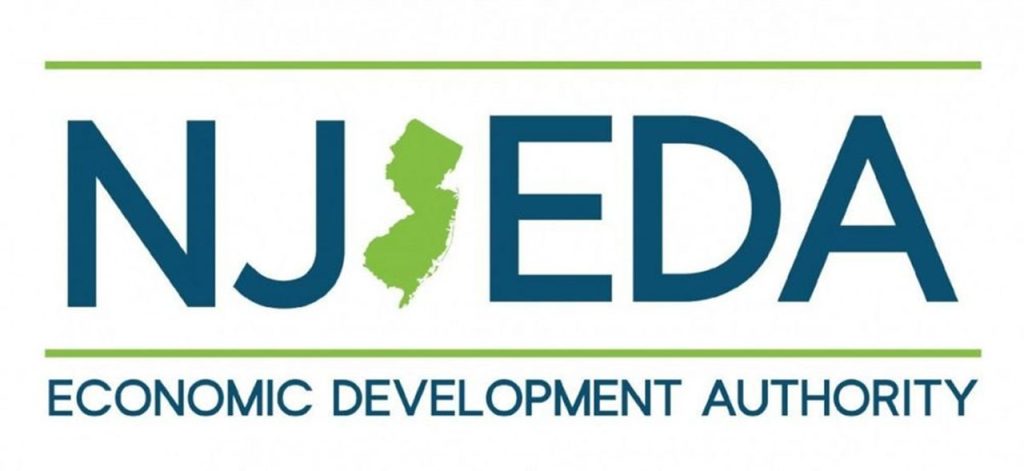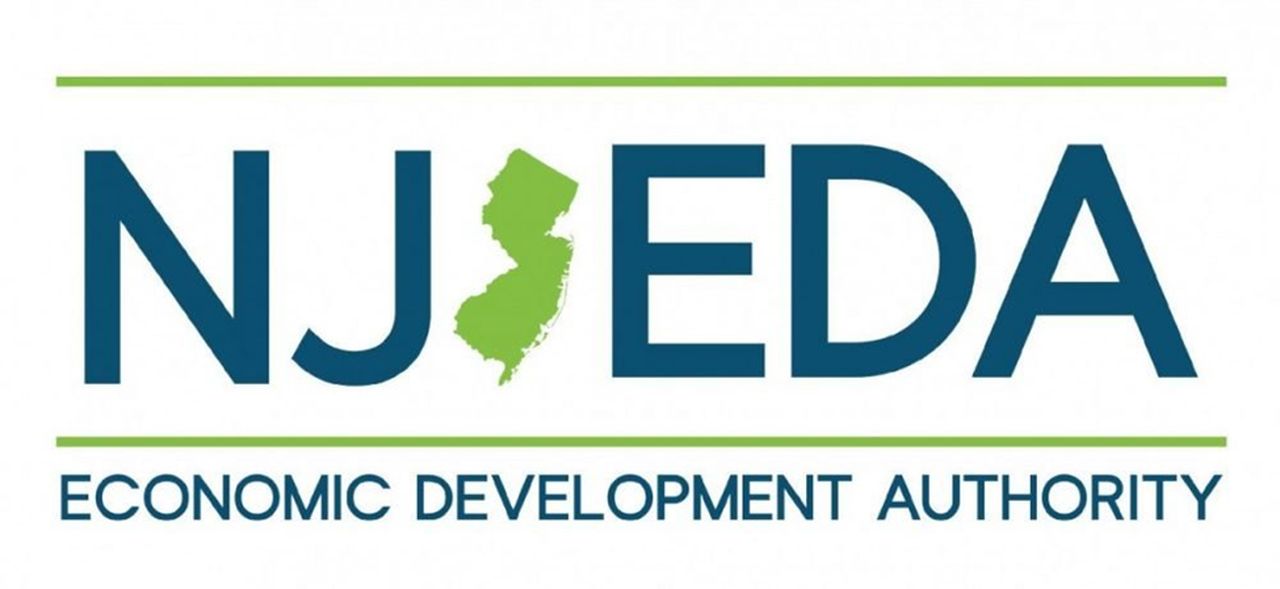
Charles R. Goulding and Preeti Sulibhavi look at a new economic development program that just launched in New Jersey.
The New Jersey Economic Development Authority (NJEDA) has a new pilot grant program to assist New Jersey manufacturers with accessing the machinery and equipment they need to become more efficient, productive and profitable with their manufacturing objectives in the state.
The New Jersey Manufacturing Voucher Program (NJ MVP) will provide equipment grants sized at 30% to 50% of the cost of the eligible equipment with a maximum award of US$250,000. This is tremendous news for New Jersey manufacturers and the 3D printing industry. This is the time for 3D printing to begin shifting from simply prototype fabrication to hybrid production strategies.
New Jersey is home to numerous manufacturers in multiple industries. These industries include food and beverage, aerospace & defense, robotics and automation, and pharmaceutical manufacturing. One of the leading 3D printing resellers is Cimquest, an integrator that we have covered in the past.
Due to the state’s vast number of available resources, many companies come to New Jersey to manufacture high-quality food and beverage products. For instance, New Jersey Manufacturing Extension Program (NJMEP), located in Cedar Knolls, NJ, conducts comprehensive food safety training taught by industry experts. Both well-known food manufacturers and niche, artisan companies are heavily invested in New Jersey manufacturing. 3D printers are getting very good at 3D printing various food items such as Tacos, Salmon, and Ooni Oven Fresh Pizza.
New Jersey is replete with companies in the aerospace & defense industry. There are numerous defense contractors in New Jersey and a myriad of companies that manufacture parts and components to support the industry. Industry 4.0 is revolutionizing the way companies manufacture their products as well. The components of Industry 4.0 are IoT, controls, sensors, actuators, connectivity, and cloud (the next step). These digital technologies lead to increased automation, machine learning, product maintenance, leading to new levels of efficiency.
Pharmaceuticals is another large manufacturing sector within New Jersey. In fact, New Jersey is home to fourteen of the world’s twenty large pharmaceutical companies as well as over 400 biotechnology companies. The New Jersey biotech industry has grown by over 400% since the start of this millennium. To further accelerate New Jersey biotech growth, many life science businesses and startups are supported by a core network of world-renowned research institutions, including Princeton University, Rutgers, and the State University of New Jersey as well as economic stimulators such as the NJMEP and the New Jersey Economic Development Authority (NJEDA).
Robotics and automation are becoming more widely used within manufacturing facilities than ever before. The advantages of robotics and automation include increased efficiency, decreased labor cost and time, and ease of performing repetitive, high-volume tasks. Robots have helped New Jersey manufacturers improve their production processes. We have covered how 3D printing is involved in this trend as well.
The Research & Development Tax Credit
The now permanent Research and Development (R&D) Tax Credit is available for companies developing new or improved products, processes and/or software.
3D printing can help boost a company’s R&D Tax Credits. Wages for technical employees creating, testing and revising 3D printed prototypes can be included as a percentage of eligible time spent for the R&D Tax Credit. Similarly, when used as a method of improving a process, time spent integrating 3D printing hardware and software counts as an eligible activity. Lastly, when used for modeling and preproduction, the costs of filaments consumed during the development process may also be recovered.
Whether it is used for creating and testing prototypes or for final production, 3D printing is a great indicator that R&D Credit eligible activities are taking place. Companies implementing this technology at any point should consider taking advantage of R&D Tax Credits.
A “Win-Win”
There are many reasons why the 3D printing industry should be excited by the NJ MVP. 3D printers are considered machinery and equipment and this program will provide manufacturers with the funds they need to purchase them. This is a win-win for New Jersey manufacturers and the 3D printing industry.

